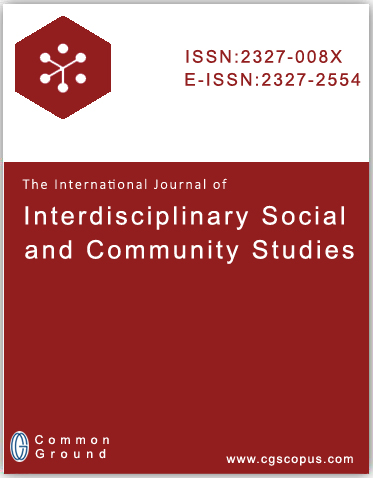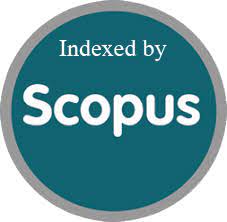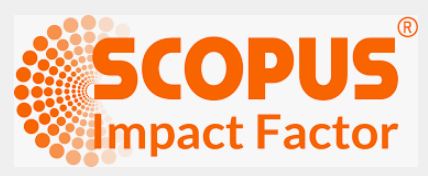LEGAL LITERACY AS A TOOL OF EMPOWERMENT - ASSESSING HOW LEGAL EDUCATION SHAPES CHILDREN’S AGENCY AND FAMILY RIGHTS IN CONTEMPORARY JURISDICTIONS
DOI:
https://doi.org/10.18848/2ttjv873Abstract
This paper takes a look at the transformative potential legal literacy has in empowering children to understand, claim, and exercise their rights in the family and society. The research places legal literacy in the context of human rights, educational policies, & welfare of the child to showcase how law awareness enhances children’s agency & equality and democracy possible in family relations. By employing the UNCRC and cross-case studies from India, UK, & Scandinavian countries, this study assesses the development of legal education policies & inclusion of rights-learning approaches in pedagogy from a child rights perspective. This study deems how legal literacy can alleviate prescriptive inequalities, curb child exploitation, and bolster participative decision-making in schools and homes. This includes a nuanced engagement of pedagogy, law, and social justice that describes how the distribution of legal literacy can reorder the family’s internal structure, enhance protective rights of children, and advance their rights and participatory democracy. The objective of this study is to demonstrate that teaching legal literacy is an educational effort that serves the enduring purpose of empowering learners so that children are able to actively engage in shaping their legal realities.










